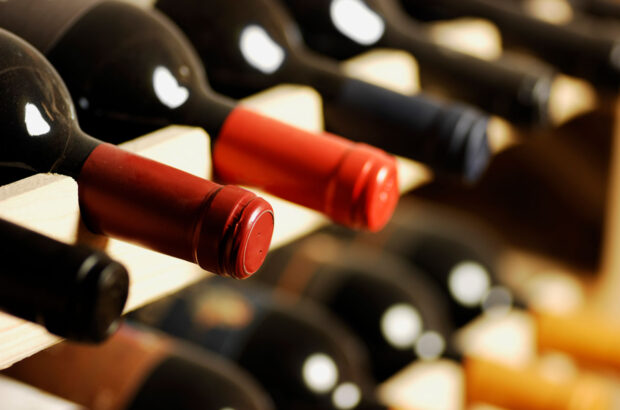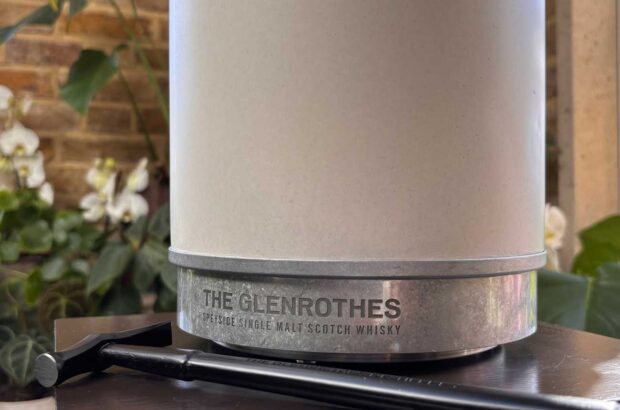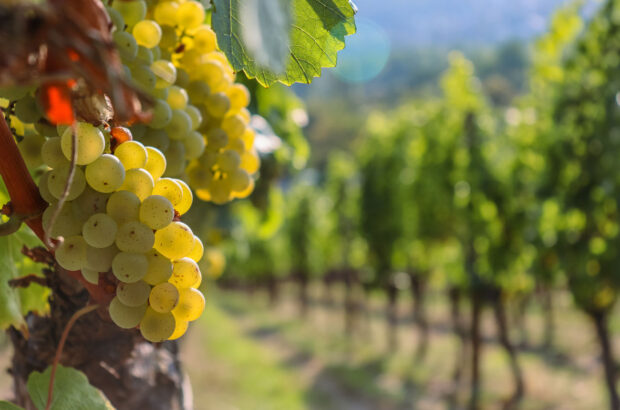Australian prime minister Anthony Albanese revealed that China’s 218% tariffs on Australian wine would end on Friday, 29 March.
‘We welcome this outcome, which comes at a critical time for the Australian wine industry,’ said the Australian government in a statement. ‘The re-entry of Australian bottled wine into the Chinese market will benefit both Australian producers and Chinese consumers.’
China was the largest market for Australian wine in 2020, accounting for 40% of the country’s exports. However, the Chinese government then imposed punitive tariffs on Australian wine, along with barley, timber, coal, cotton and other goods after a diplomatic spat.
Beijing was already upset by the decision to exclude Chinese firm Huawei from taking part in the rollout of next-gen phone networks in Australia.
Canberra then called for an international inquiry into the origins of the Covid-19 pandemic in Wuhan, which proved to be the final straw for the Chinese Communist Party.
By the end of 2021, Australian wine exports to China had fallen by 97%, and Wine Australia closed its Shanghai office.
The Australian government said the tariffs had ‘effectively made it unviable for Australian producers to export bottled wine to that market’. However, tensions between Canberra and Beijing have eased in recent months.
In October 2023, Australia agreed to suspend a complaint about the wine tariffs at the World Trade Organization. That move was followed by positive talks between Albanese and Chinese President Xi Jinping.
The Chinese Ministry of Commerce has now agreed to lift the heavy tariffs on Australian wine.
‘This outcome affirms the calm and consistent approach taken by the Labor Government and follows the success of the similar approach taken to remove duties on Australian barley,’ said Albanese, foreign minister Penny Wong and trade minister Don Farrell in a joint statement. ‘We acknowledge and thank Australian grape growers and wine producers for their fortitude and support during a challenging period.’
It has certainly been a challenging few years for Australian producers. Exports have also fallen in key markets such as the USA and the UK amid inflationary pressures, and growers have been forced to destroy millions of vines in response to an intensifying oversupply crisis.
Good news has been in short supply, so winemakers are celebrating the Chinese government’s decision to scrap the tariffs.
Treasury Wine Estates CEO Tim Ford said: ‘The removal of tariffs on Australian wine exports to China is terrific news and is cause for celebration across the Australian wine industry and with our partners and consumers in China.
‘We’re thankful to the governments in Australia and China for working tirelessly to stabilise relations between both countries, with this work ongoing as we continue to foster our local winemaking ties in China.
‘This announcement signals the start of our ramp up to re-establish our Australian luxury and premium wine distribution in China, and it shouldn’t be too long before local Chinese consumers have more access to our great wines.’
Robert Foye, CEO at Accolade Wines, said the company does not anticipate an immediate return to 2020 trading levels, but added that ‘we are excited about the long-term potential this market brings’.






